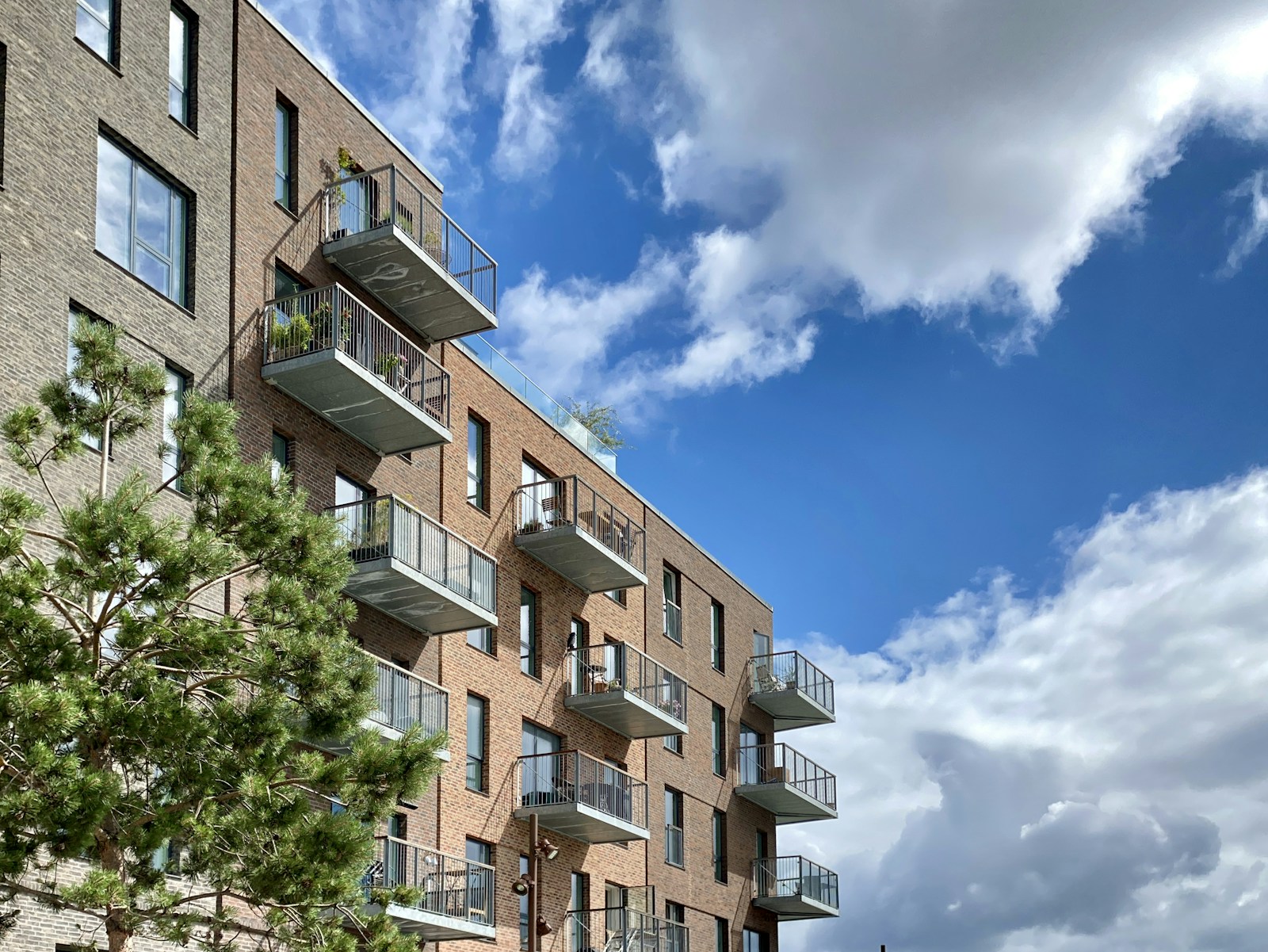🏡 71 Galena Street, Wellesley — $950,000
Small-Town Charm. Big-Time Livability. Welcome to Wellesley.
Tucked into one of the Region’s most beloved rural communities, 71 Galena Street is the kind of property that stops you in your scroll—and maybe even makes you reconsider city living.
This beautifully updated home is bright, spacious, and stylish, with a layout that works for families, work-from-home warriors, and anyone looking to soak up a little more serenity. Add in the stunning backyard, roomy interiors, and the friendly, walkable vibe of Wellesley—and you’ll quickly see why this one’s turning heads.
📍 Welcome to Wellesley
Just 20 minutes from Waterloo, Wellesley gives you that picture-perfect small-town lifestyle—without sacrificing convenience.
Nearby Schools:
Public: Wellesley Public School (JK–8), Waterloo-Oxford District Secondary School (in nearby Baden, with busing provided)
Catholic: St. Clement Catholic Elementary School (K–8), St. David Catholic Secondary School (Waterloo)
Parks & Outdoor Living:
Wellesley Community Park and Queens Bush Trail — walking, biking, playgrounds, and more
Wellesley Pond — host to paddleboats in summer and hockey in winter!
Schmidt Woods Trail for scenic walks among the trees
Local Faves:
Schmidt’s Bakery & Café — home of the famous apple fritters 🍩
Anna Mae’s Restaurant — country-style cooking with pie you’ll dream about
Wellesley Apple Butter & Cheese Festival — yes, it’s as charming as it sounds
Local grocery, hardware, library, and LCBO within a few minutes’ walk
🏘️ Who’s Moving to Wellesley?
This town is a magnet for:
Families looking for community-focused living
Remote workers seeking peace, space, and fibre internet
Professionals who want quiet evenings and friendly neighbours
Empty nesters and retirees trading hustle for home-grown comfort
Wellesley is a “know-your-neighbour” kind of place where kids ride bikes after school and front porch sitting is practically a pastime.
💸 Mortgage Math Breakdown
Let’s run the numbers on this rural charmer:
List Price: $950,000
Down Payment (10%): $95,000
Mortgage Required: $855,000
Interest Rate: 4.14% (25-year amortization)
📉 Estimated Monthly Mortgage Payment: $4,588/month (principal + interest only)
💡 Want to budget for taxes, utilities, or insurance? We can help with that too—no spreadsheets required.
🌟 What Makes 71 Galena So Special?
✅ Beautiful, modern updates inside
✅ Stunning fenced backyard with mature trees and patio space
✅ Main floor layout that flows for entertaining and family life
✅ Peaceful street with friendly neighbours
✅ Close to schools, trails, shops, and amenities
✅ 20 minutes to Costco — you’re welcome
Whether you’re craving more space, dreaming of small-town vibes, or just want a gorgeous home to call your own—this one’s worth the drive.
📲 Want to take a look?
Text or call Charlotte at 519-575-1804
🏡 Proudly listed with Magnolia Group Realty, powered by Coldwell Banker Peter Benninger Realty
🍏 Until next time, happy house hunting.













